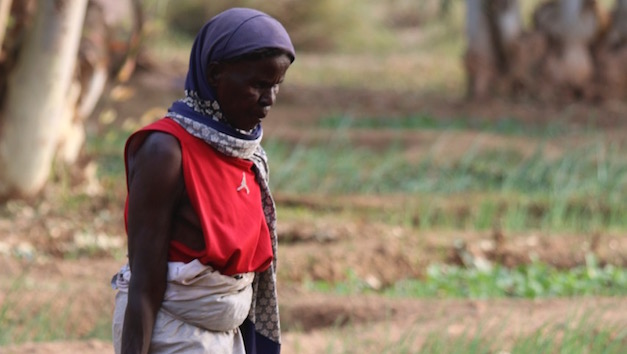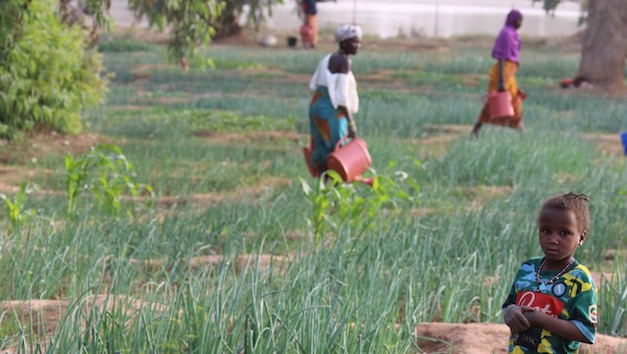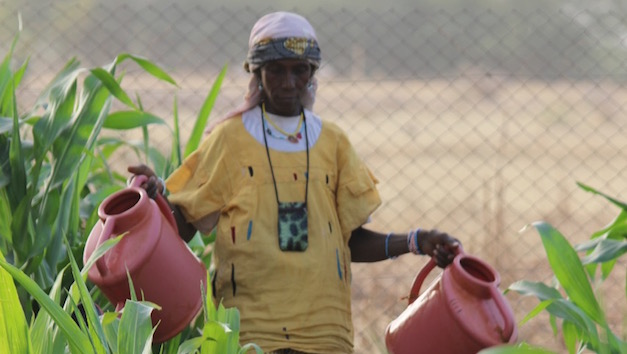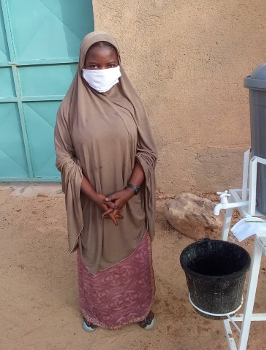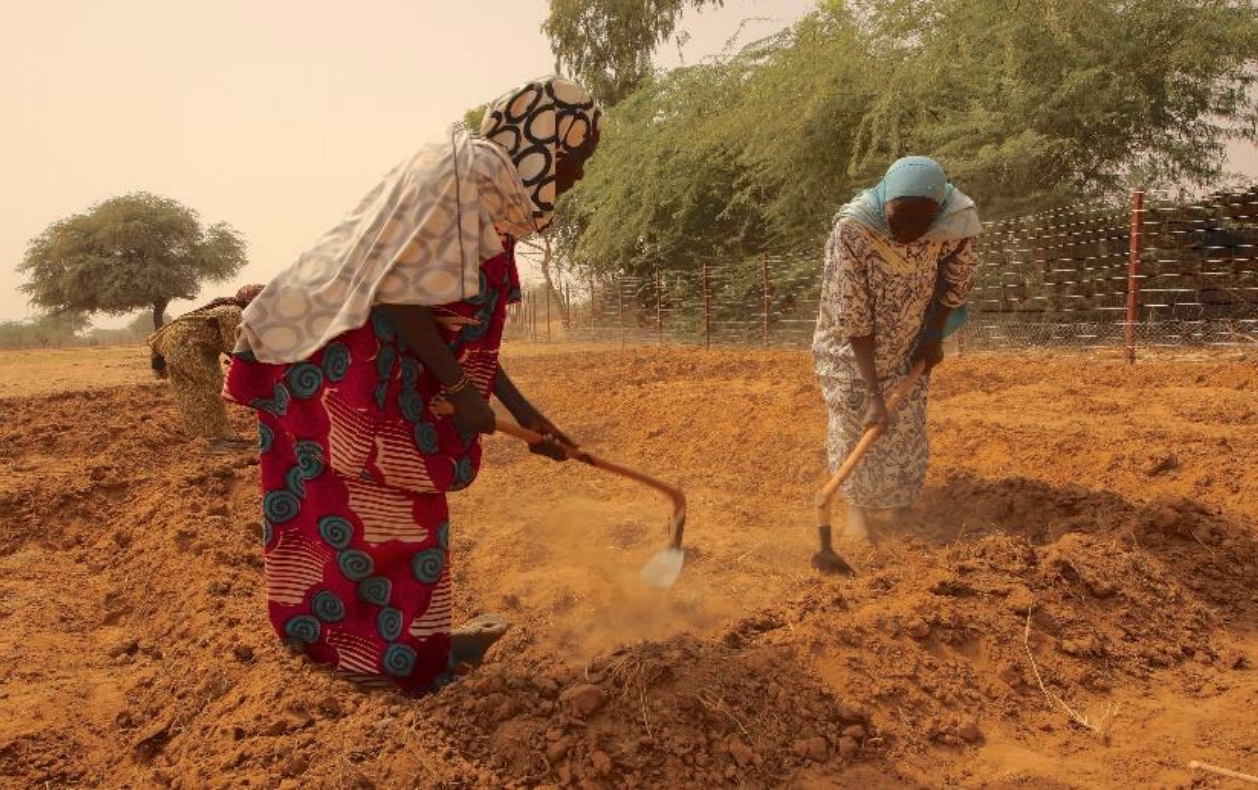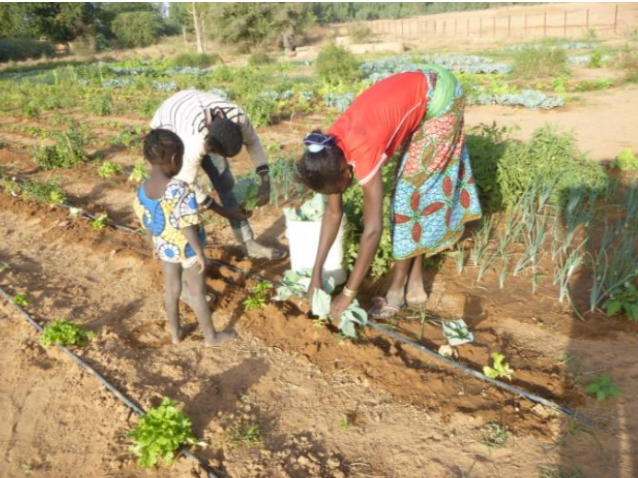Rain Garden in Niger
Location: Niger
Background
A land-locked country covered predominately by the Sahara Desert, Niger is one of the most vulnerable countries to the effects of climate change, particularly the Tillabery region. With temperature increases expected to be 1.5 times higher than the rest of the world, Niger is faced with higher inter-and intra-annual variability in rainfall, resulting in more frequent and extreme droughts and floods. This significantly impacts Niger’s already fragile soil, crop production, and availability of potable water. As agriculture contributes to roughly 40% of Niger’s GDP and 80% of Nigeriens’ livelihoods, climate change deeply affects the primary income generating opportunities for many Nigerien communities (USAID). The lack of opportunity and resources often leads communities to engage in unsustainable practices such as forest conversion (cutting down trees for timber) to earn an income, which further propels environmental degradation and the cycle of climate vulnerability. Further, the lack of income opportunities causes many men to leave on “exod” to seek work in other countries, leaving women to take care of their communities. However, as the majority of women in Niger lack adequate formal and informal education, many women are left ill-equipped to build resilient livelihoods amidst the rapidly changing climate.
If water and farmland are used efficiently, in conjunction with modern agricultural practices, well-adapted seed varieties, and drip irrigation, communities can produce enough to not only feed themselves but to support themselves through crop sales. As such, there is a need to provide these communities, particularly women, with the tools and resources to build sustainable livelihoods and maximize the efficiency and resiliency of the remaining arable land in rural Niger.
Project Objectives
The Rain4Sahara Greening the Sahel project would help women take the first critical steps toward self-sufficiency by:
Building a community garden for a cooperative of 60 women. A well and drip irrigation expands the yearly growing from a single questionable season to 3 seasons.
Providing equipment and training in organic techniques, diversified crops, growing and selling cash crops, production of fruit, hygiene and nutrition.
RAIN’s pilot project for a women’s garden in Mari, Tillaberi has 100 members and has reported increased food security, general well being, and income. In fact, the garden is doing so well that participants are able to donate food to their local school.

